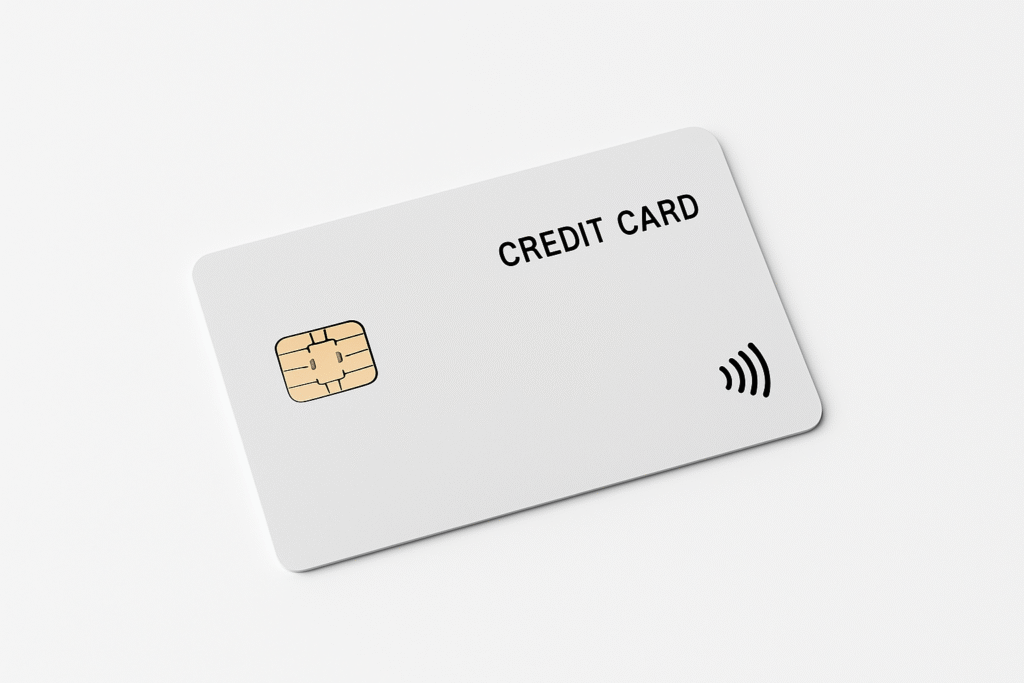In 2025, the number of freelancers and remote workers continues to rise. Whether you’re a digital nomad, content creator, or small business owner, managing your finances efficiently is essential. One of the best tools in your financial arsenal? A credit card tailored for freelancers.

This guide covers how to choose the right credit card and reveals the top options for independent professionals this year.
Why Freelancers Need a Specialized Credit Card
Freelancers operate differently from traditional employees. Without a fixed salary or employer-based benefits, managing cash flow, tracking expenses, and building credit becomes even more critical.
A good credit card can help with:
- Separating personal and business expenses
- Earning rewards on business-related purchases
- Accessing short-term funding via credit limits
- Simplifying bookkeeping and tax preparation
Key Features to Look For
When selecting a credit card as a freelancer or remote worker, prioritize the following features:
1. Low or No Annual Fee
If you’re just starting out or don’t spend heavily, a no-annual-fee card keeps costs low.
2. High Cashback or Rewards
Choose cards that reward you for categories like internet, office supplies, software, advertising, or travel.
3. Expense Tracking Tools
Some cards offer apps or dashboards to categorize spending—ideal for tax season.
4. No Foreign Transaction Fees
If you work while traveling or deal with international clients, this feature is a must.
5. Credit Building Opportunities
Using your card responsibly builds credit history, improving future loan eligibility or lease approvals.
Best Credit Cards for Freelancers and Remote Workers (2025)
1. Chase Ink Business Unlimited®
- Rewards: 1.5% unlimited cashback on every purchase
- Annual Fee: $0
- Benefits:
- Employee cards at no additional cost
- Purchase protection and extended warranty
- Free expense management tools
Why it’s great: Simple rewards structure and no annual fee—ideal for freelancers who want to keep things straightforward.
2. American Express® Blue Business Cash Card
- Rewards: 2% cashback on eligible business purchases (up to $50,000 per year)
- Annual Fee: $0
- Benefits:
- Expense management tools
- Access to Amex Offers
- Employee cards available
Why it’s great: Strong cashback for everyday business expenses and no annual fee.
3. Brex Card for Startups and Freelancers
- Rewards:
- 7x on rideshare
- 4x on travel
- 3x on restaurants
- 2x on recurring software
- 1x on everything else
- Annual Fee: $0
- Benefits:
- Built-in expense tracking
- Integrates with QuickBooks and Xero
Why it’s great: Excellent for tech freelancers and consultants with high SaaS or travel expenses.
4. Revolut Business Account + Card
- Type: Debit-based business account
- Features:
- Multi-currency accounts
- Real exchange rates
- International payments
- Subscription Plans: Free and paid tiers
Why it’s great: Perfect for freelancers dealing with international clients and payments.
5. Capital One Spark Cash Plus
- Rewards: 2% cashback on every purchase
- Annual Fee: $150
- Benefits:
- No preset spending limit
- Travel and purchase protection
- Year-end summaries for taxes
Why it’s great: Higher reward potential for full-time freelancers and small businesses.
Tips for Freelancers Using Credit Cards
1. Separate Personal and Business Expenses
Use your card strictly for freelance-related purchases to make tracking easier and cleaner at tax time.
2. Pay in Full Monthly
Avoid interest by paying off the balance each month. Credit cards should support your cash flow—not become debt traps.
3. Use Expense Reports
Take advantage of your card’s online reports to categorize and export spending for accounting or invoicing.
4. Leverage Welcome Bonuses
Many cards offer bonuses after meeting minimum spending—an easy way to get value if you plan ahead.
Common Pitfalls to Avoid
- Using personal cards for business: This complicates your accounting and can create tax headaches.
- Ignoring credit limits: Stay below 30% utilization to protect your credit score.
- Missing payments: Set up auto-pay to avoid late fees and damage to your credit.
Final Thoughts
In 2025, credit cards for freelancers and remote workers are more accessible and useful than ever. Whether you’re just getting started or managing a growing client base, the right card can simplify your financial life and help you earn valuable rewards.
Evaluate your monthly expenses, travel habits, and client base to choose a card that fits your freelance lifestyle.
